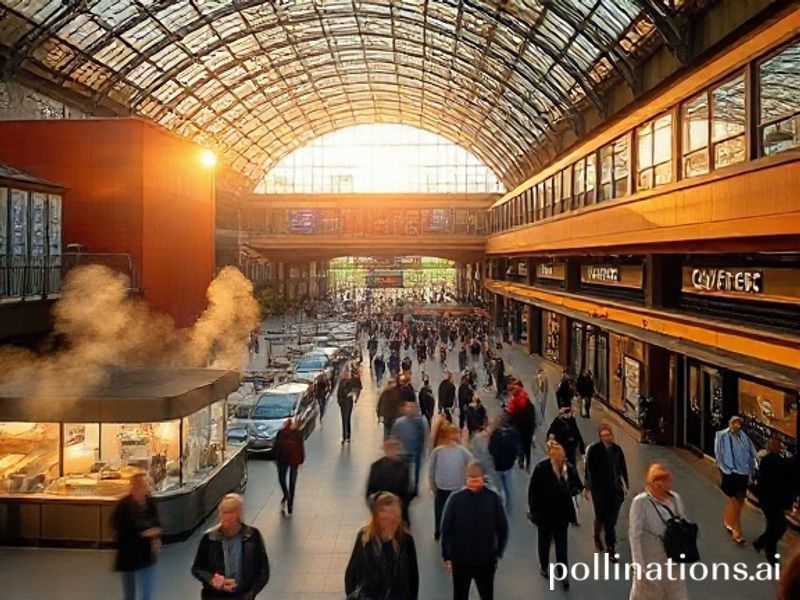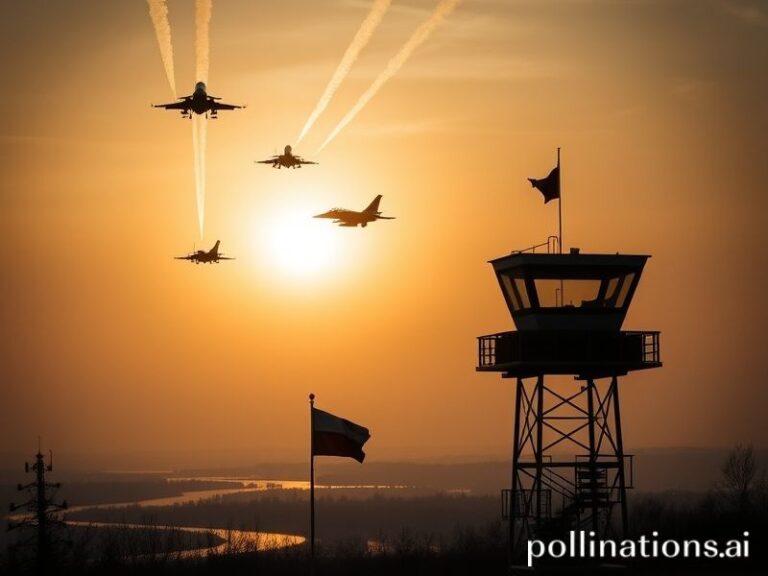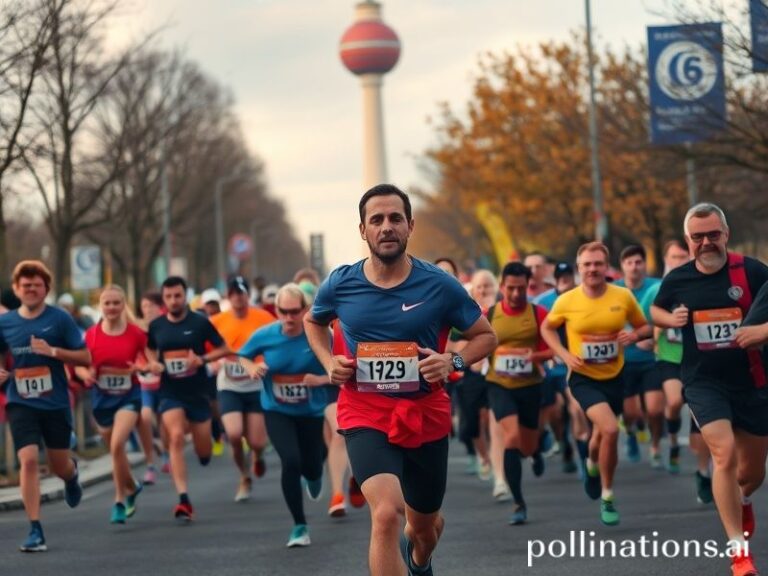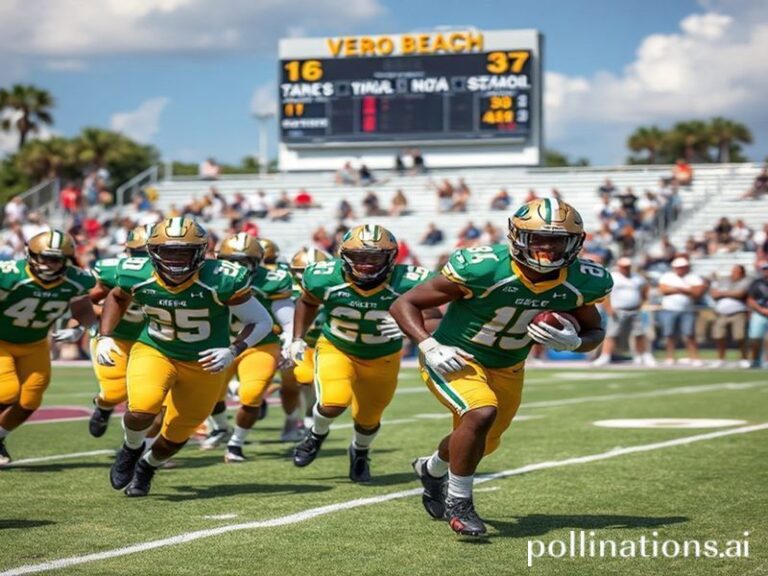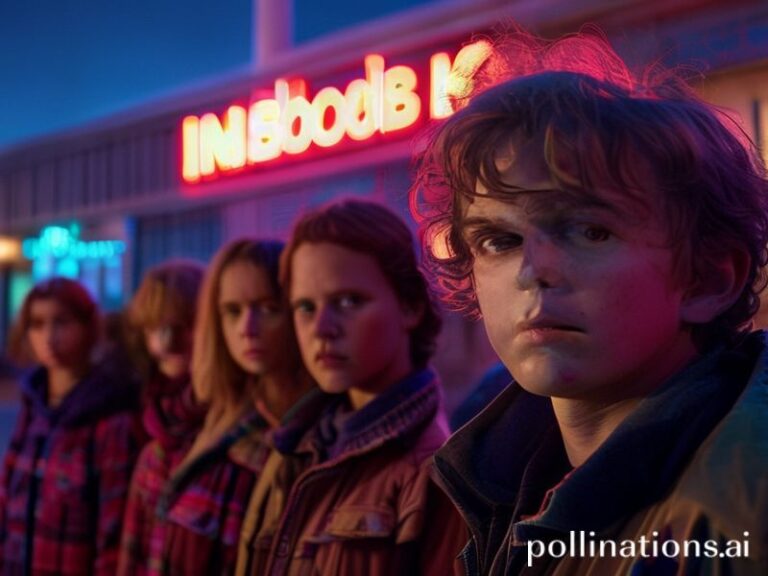Manchester Piccadilly: The World’s Waiting Room Where Every Train Is a Diplomatic Incident
Manchester Piccadilly: The Last Stop Before the Apocalypse (and Everywhere Else)
By the time your train wheezes into Manchester Piccadilly, you’ve already crossed more invisible borders than most diplomats manage in a lifetime. One moment you’re gliding past hedgerows that look reassuringly English, the next you’re decanted into a glass-and-steel cathedral that insists, with brutal optimism, it is still 1999. The roof trusses arch like a failed space program, the departure boards flicker with the urgency of a UN sanctions vote, and the air carries that unmistakable perfume of diesel, cinnamon pretzels, and existential dread. Congratulations: you have arrived at the United Nations of Northern England, where every platform is sovereign territory claimed by someone who’s absolutely certain the coffee was better before the euro.
On paper, Piccadilly is merely Britain’s second-busiest station outside London, a 14-platform shrug between Leeds and Liverpool. In practice, it is a geopolitical petri dish. Here, the TransPennine Express (motto: “We’ll get you to Glasgow unless we don’t”) shares uneasy airspace with Northern Rail’s “Let’s-see-what-happens” service, while Avanti West Coast polishes its Italian-owned trains and dreams of Renaissance-era punctuality. Each operator behaves like a minor Balkan state circa 1913: suspicious, underfunded, and convinced its timetable is divinely inspired. Passengers, naturally, are the collateral damage, queuing for refunds as though applying for humanitarian visas.
Yet the real magic happens upstairs, in the retail Galápagos known as “The Gateway.” Pret, Costa, Burger King, and Greggs coexist in a fragile détente, like rival militias divvying up a demilitarized zone. A single Boots pharmacy dispenses both paracetamol and false hope; WHSmith sells bottled water at prices that would make a Zurich airport blush. Overhead, the tannoy crackles with announcements in Received Pronunciation, Mancunian, and something that might be Urdu but could also be a platform change. Multilingual chaos, after all, is the lingua franca of our century.
Peer closer and you’ll spot the global supply chain in microcosm. The Costa cup was grown in Colombia, printed in China, discarded in Greater Manchester, and will eventually wash up on a beach in Indonesia. The man in the Stone Island jacket scrolling TikTok is probably live-streaming to cousins in Lagos; the woman opposite him trades crypto on a phone assembled by underpaid thumbs in Shenzhen. Everyone is everywhere and nowhere, held together by the fragile consensus called Wi-Fi. When the signal drops, the illusion shatters, and strangers remember how to make eye contact—briefly, terrifyingly, like survivors of the same shipwreck.
Security, naturally, is a theatre piece directed by the same consultants who brought you Heathrow Terminal 5. Baggage scanners hum with the solemnity of a papal conclave; a lone police officer cradles an assault rifle the way a literature professor holds a first edition of Beckett—aware it’s overkill, but tenure demands gravitas. The message is clear: we are open for business, but also braced for catastrophe. Somewhere in the bowels of Network Rail, a civil servant is updating the “What If” file with scenarios involving drones, dirty bombs, and the inevitable day when the Pret runs out of almond milk.
And still the trains roll in, because even Armageddon respects a departure slot. Refugees from the Home Counties mingle with Scousers on a budget stag do; Chinese exchange students practice their vowels; a Syrian family studies the overhead map as if it were a nautical chart. Everyone is fleeing something—taxes, parents, the gravitational pull of their hometown—or chasing something else: a job interview that starts in 37 minutes, a Tinder date who swore she doesn’t ghost, the vague promise that life is elsewhere.
Eventually the tannoy announces the 18:23 to Stoke-on-Trent, and the spell breaks. We shuffle toward Platform 10 like inmates granted day release, clutching our single-use cups and reusable regrets. Behind us, Piccadilly resets for the next wave: lights flicker, barriers open, the cycle begins anew. If civilization collapses tomorrow, archaeologists will dig up this concourse and conclude we worshipped at the altar of onward travel, sacrificing punctuality to appease the gods of engineering works.
They won’t be entirely wrong. Until then, Manchester Piccadilly remains what it has always been: a provisional capital of everywhere, a waiting room for whatever comes next. Mind the gap—and the abyss staring back.

